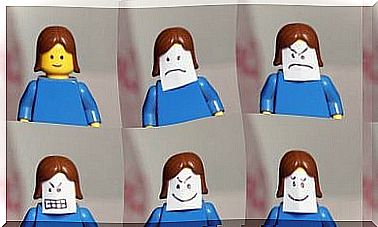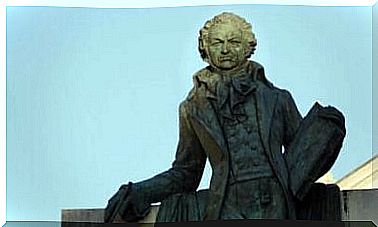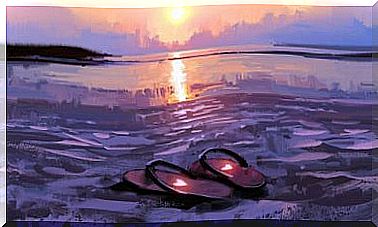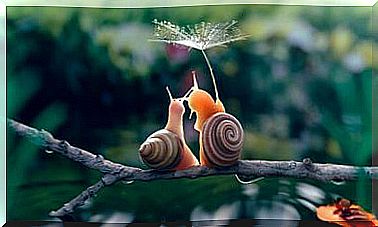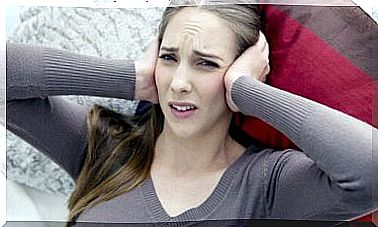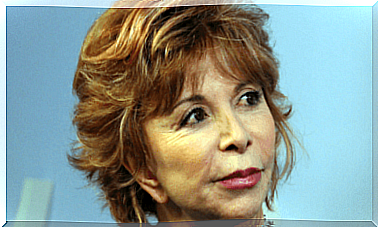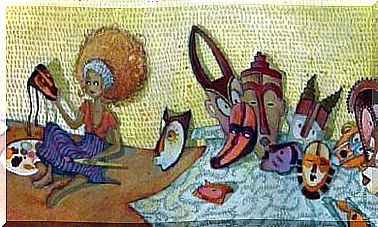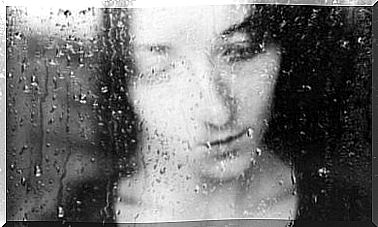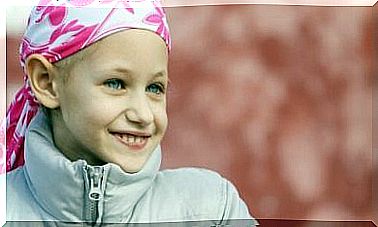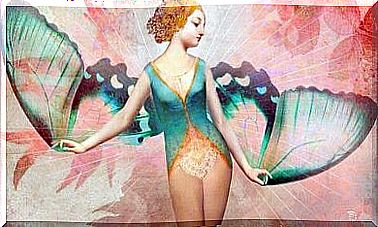Lord Of The Flies: Creating A Society
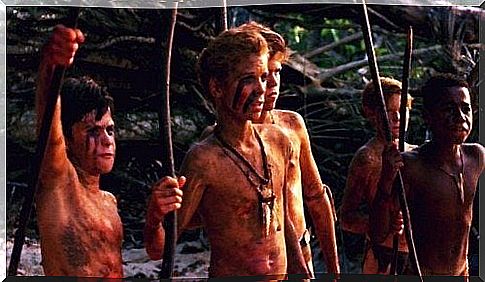
Lord of the Flies (1954) is William Golding’s most famous work. In its time, it had no major impact. Years later, however, it experienced a revival and became a classic of post-war English literature. It was filmed and released on the big screen twice, first in 1963 and later in 1990.
Lord of the Flies is an allegory of human nature. Each character represents an important aspect of humanity. It examines how children from scratch build a society. How are the roles assigned? How do they choose a leader?
The story begins when a plane carrying young passengers crashes near a desert island. The survivors must organize to survive and save themselves. On an island in a remote corner of the world without any existing norms, a new society appears.
Throughout the novel, we discover how any person, regardless of age, can become evil. Lord of the Flies is all about evil and the different sides of human nature.
Children and leaders, an allegory
The title of the book is also an allegory. It refers to Beelzebub, to evil. In the novel, this is the head of the wild boar that the children put on a spear. Flies circle the rotting head.
When the children reach the island, they gather in hopes of survival and that someone will find them as soon as possible. They show that people are naturally social.
Maybe they were conditioned by the society they grew up in or maybe it has to do with their fear and their instinct to survive. So they decide to elect a leader in a democratic way. Their leader is Ralph. He’s not the smartest kid but he’s nimble and strong. Ralph inspires the others to have faith.
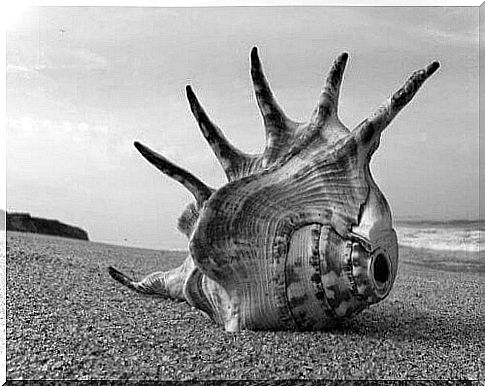
This could have been their chance to challenge the adults and show that children can be fairer and more reasonable. However, it ends in complete disaster. Rivalry arises as soon as a leader is elected. This rivalry leads to hatred and finally to a tragic and out of control situation.
The main characters and their characteristics
Ralph
Ralph is the leader the rest of the kids have chosen. He represents democracy and has good intentions. He also wants the kids to stay united.
Ralph is the one who decides to keep the fire burning in the hopes that someone will see it and that they will be saved. Despite his good intentions, he always consults Piggy. He eventually loses control and leadership.
Jack
Jack is Ralph’s counterpart and also a natural born leader. However, he is authoritarian. He is the oldest of the group but not chosen as leader. That bothers him. Jack has an arrogant and pessimistic attitude.
Moreover, he has also lost hope that they will be saved. Little by little he becomes more and more unreasonable and violent. The other children are afraid of him and so join him.
piggy
Piggy is mocked for his appearance and his asthma. However, he is one of the most intelligent characters and represents reason. Because of his appearance and his poor physical condition, no one considers choosing him as leader. Despite this, Ralph trusts him. He always asks for help from Piggy.
Simon
Like Piggy, Simon is not in good health. He is reserved and shy but shows great sensitivity, especially to animals. This character is genuinely revealing. He exposes the “Lord of the Flies” and acts as the bearer of the truth.
Roger
Roger initially sided with Ralph. However, he ends up being Jack’s right-hand man. Roger seems to be a calm and shy boy. However, he quickly discovers a different side of himself. Seeing that there are no laws and that his actions will have no consequences, he begins to become violent.
These children build a hierarchy. This order is inspired by the world they know. In time, however, this hierarchy will be broken. A radical order emerges. Faced with fear, they decide they don’t need a wise leader but a strong leader who will provide peace and food.
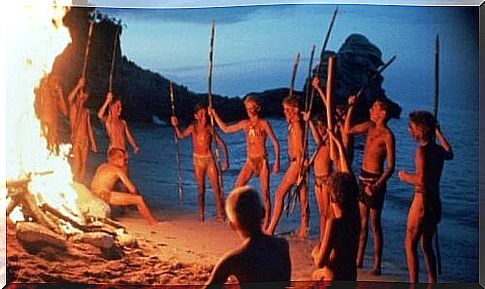
The Nature of Evil in Lord of the Flies
Lord of the Flies is an attempt to “destroy” Rousseau. Rousseau argued that human beings are inherently good and not evil. According to Rousseau, it is society that makes human beings evil. In the novel, the exact opposite happens.
The children are free and live in a completely natural state. Society and its rules are missing. As a result, they get carried away by their evil nature and act in a completely unreasonable way.
On the other side of the coin we have Hobbes. He said society rules evil and makes us behave like rational beings.
In Golding’s work, however, the children cannot contain the feeling that they must obey no one on the island, even though they have tried to choose a leader and build a society.
Democracy fails over time
We see that initially they try to imitate the world and the adults they know. They find a large shell which they consider to be a democratic symbol.
They use it to give others the turn to speak. They also organize themselves to keep the fire burning and find food. However, this democratic utopia ultimately fails.
Some children see the island as the place of their dreams. There are no parents or teachers. Then why should they be obedient? Why behave according to the rules? Leaders play a crucial role. The children choose which side they want to belong to until a war breaks out.
There is a rumor that a wild animal inhabits the island. This scares the kids. So they give their support to a strong leader. Others feel free to unleash their wildest instincts. The island was initially a paradise, but over time it becomes the center of terrible destruction.
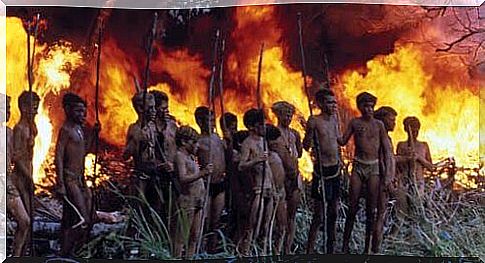
Thoughts on Lord of the Flies
Lord of the Flies is not just talking about human nature and the loss of innocence. In their own way, these children create a new hierarchy out of nowhere. In this we see different roles that make us think of the real world.
The children are divided. We also do this with political ideas. They come into confrontation with each other just like people in wars. They don’t reward intelligence. Nor do they look for a wise leader. What they want, on the other hand, is a strong leader who can protect them from the things they fear.
All of this reminds us of the world we live in and how we choose our leaders. It makes us ask ourselves whether democracy really exists or is even possible at all.
